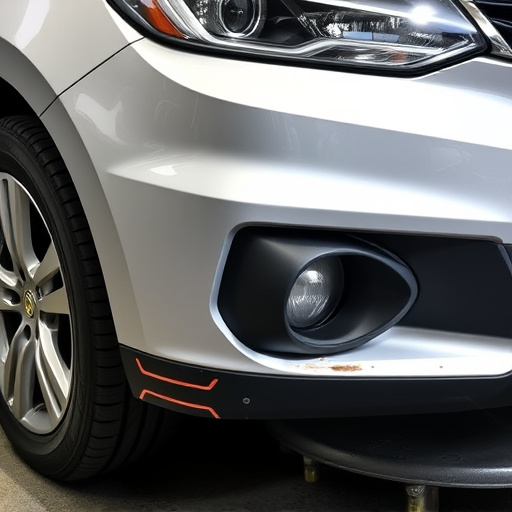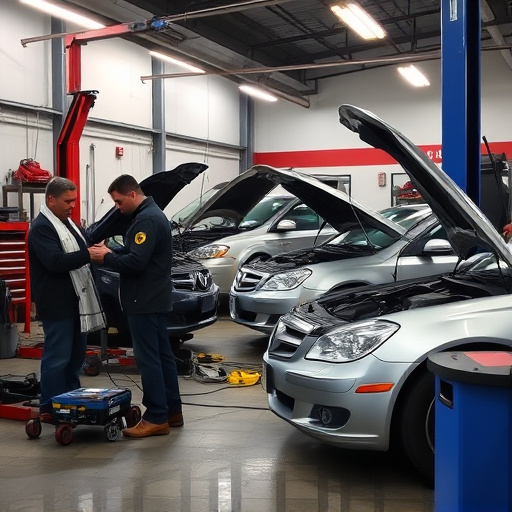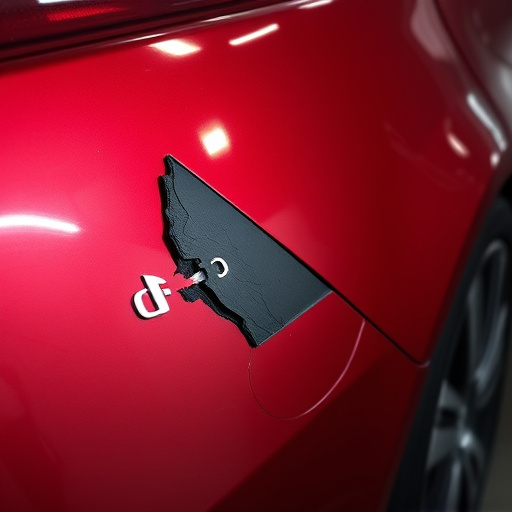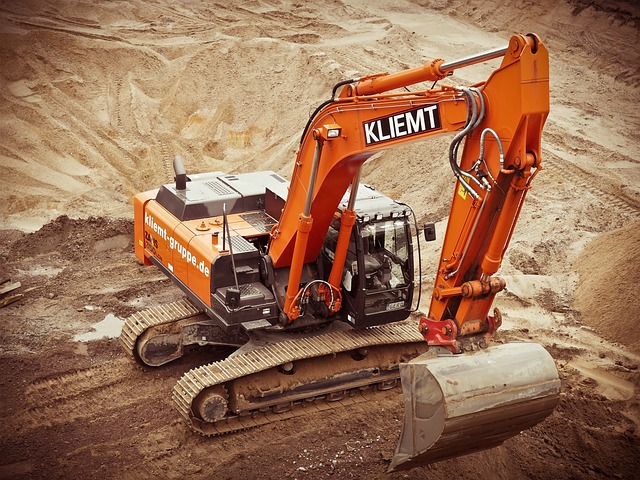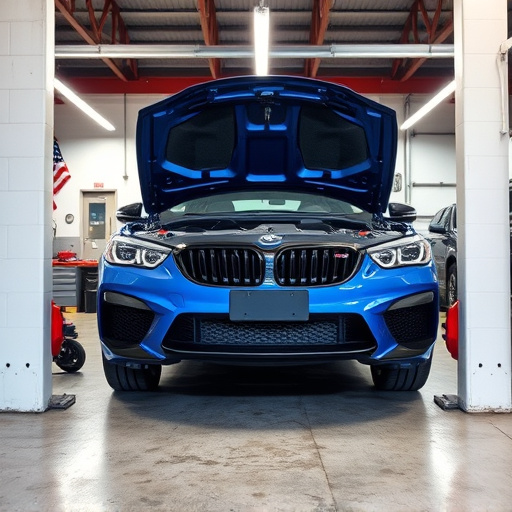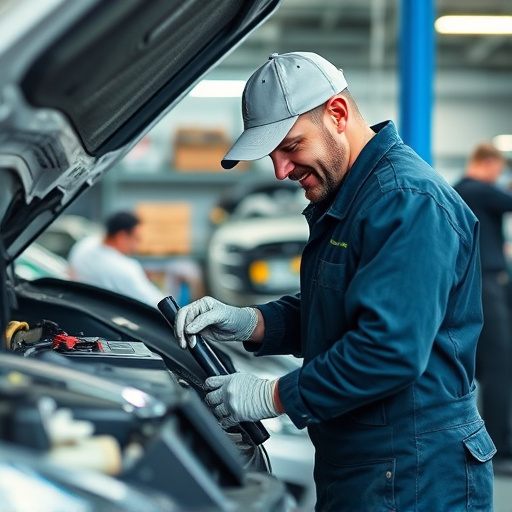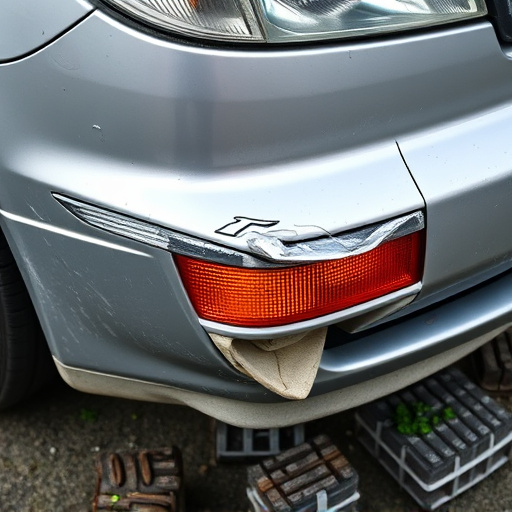Electric car body repair is transforming the automotive industry by offering cost-effective solutions for vehicle restoration. EVs have simpler designs with fewer parts and no complex fuel systems, leading to less disassembly, reduced costs, and faster repairs compared to internal combustion engine (ICE) cars. Advanced diagnostics enable precise issue identification, saving time and money. As more cars shift to electric, repair shops are adapting their services, providing competitive, high-quality EV repairs, including efficient dent repair tailored for this growing segment.
Electric car body repair is revolutionizing the automotive industry by offering a cost-effective approach to damages. In this article, we explore how advanced techniques and technology are driving down repair costs for electric vehicles (EVs). By comparing traditional with electric repairs, we highlight the benefits of EV technology, including faster turnaround times and reduced material expenses. Discover why investing in electric car body repair is not just environmentally friendly but also a smart financial decision.
- Electric Car Body Repair: A Cost-Effective Approach
- Traditional vs. Electric: Comparison of Repair Costs
- Benefits of Advanced Electric Vehicle Technology for Repairs
Electric Car Body Repair: A Cost-Effective Approach
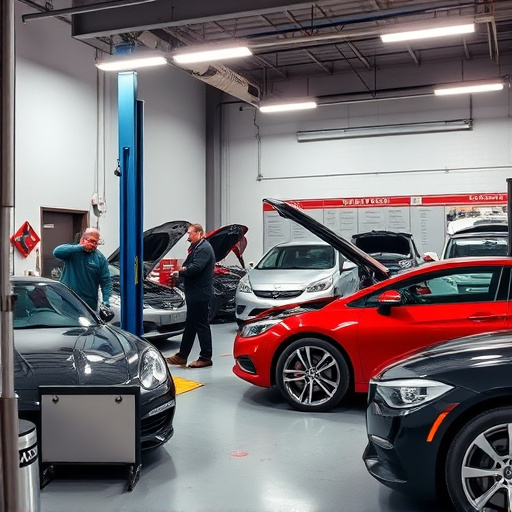
Electric car body repair is revolutionizing the automotive industry by offering a cost-effective approach to vehicle restoration. Unlike traditional internal combustion engine (ICE) cars, electric vehicles (EVs) have simpler designs, with fewer moving parts and no complex fuel systems. This translates into several advantages when it comes to repairs. In an automotive body shop, repairing an EV often involves less disassembly and specialized tools compared to ICE cars. For instance, car dent repair on an electric vehicle might be quicker due to the absence of underbody components like exhaust systems or fuel tanks.
Moreover, electric car body repair centers can leverage advanced diagnostics and technology to accurately identify issues. This precision repair method not only saves time but also reduces the overall cost of car repairs. As more cars on the road transition to EVs, car repair shops are adapting their services accordingly, ensuring they stay competitive while offering high-quality repairs tailored to this emerging segment of vehicles, including efficient car dent repair solutions.
Traditional vs. Electric: Comparison of Repair Costs

In the realm of vehicle repairs, particularly for damage to the car body, electric cars present a unique advantage over their traditional counterparts. When comparing the costs of repairing a conventional internal combustion engine (ICE) vehicle versus an electric vehicle (EV), the financial benefits of EV body repair become evident. Traditional auto painting and collision repair for ICE cars often involve more extensive processes and materials, leading to higher labor and component expenses. This is attributed to the complex systems and specialized parts unique to each make and model.
In contrast, electric car body repair focuses on a simpler structure with fewer intricate components. Instead of traditional auto painting methods that may require additional treatments for emissions compliance, EV body shops can utilize more straightforward painting techniques. Moreover, when an EV undergoes a collision, the risk of damage to high-voltage batteries and electrical systems is significantly lower, reducing the need for specialized repair procedures and expensive replacement parts commonly associated with car collision repair in ICE vehicles.
Benefits of Advanced Electric Vehicle Technology for Repairs

The advancement of electric vehicle (EV) technology has brought about significant changes in the way auto body repairs are conducted. Electric car body repair now leverages cutting-edge innovations that offer numerous benefits over traditional methods, ultimately leading to reduced repair costs for consumers and increased efficiency for collision repair centers.
One of the key advantages is the lighter weight of EV components compared to those in internal combustion engine vehicles. This reduction in weight translates directly into lower material costs during repairs, as less replacement parts are required. Additionally, advanced diagnostics tools integrated into EVs allow for precise identification of issues, enabling body shop services to fix problems more efficiently and accurately. This precision work not only minimizes the need for additional auto body services but also ensures that repairs align perfectly with the vehicle’s original design, preserving its aesthetic appeal and value.
Electric car body repair offers a cost-effective solution for vehicle restoration, bridging the gap between traditional and advanced technology. By leveraging specialized techniques and materials designed for electric vehicles, repair shops can significantly reduce costs while ensuring high-quality results. This innovative approach not only benefits owners but also promotes the sustainability of the automotive industry by minimizing waste and resource consumption associated with conventional repair methods. Embracing electric car body repair is a step towards a greener future, where efficient repairs align with the evolving needs of modern transportation.

